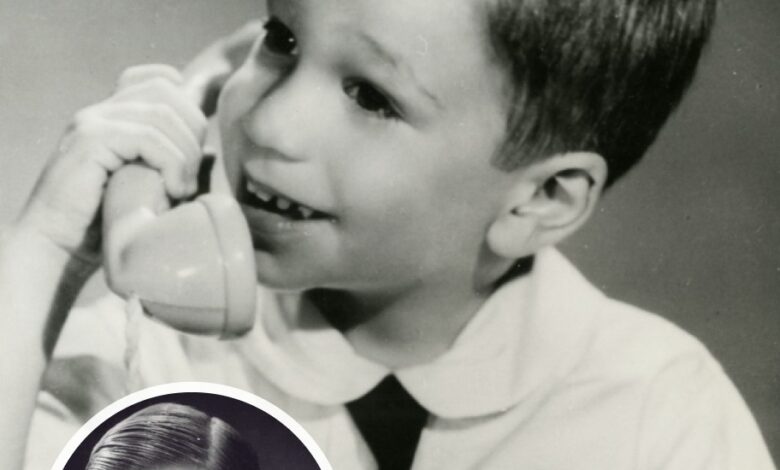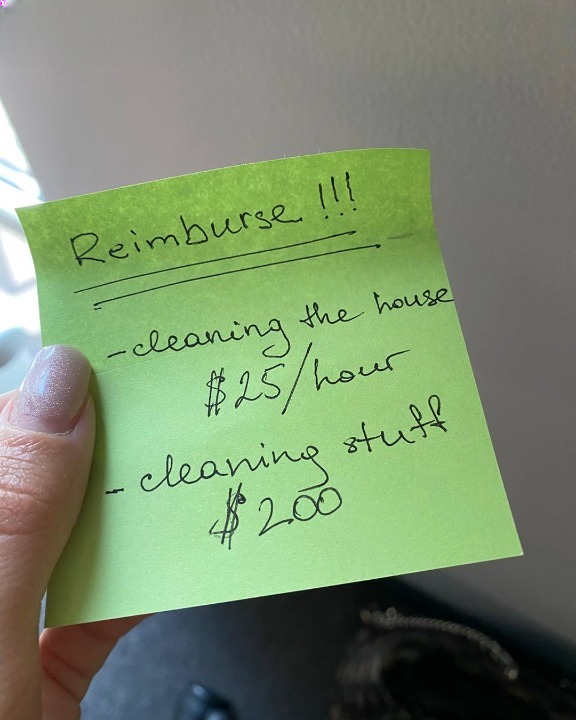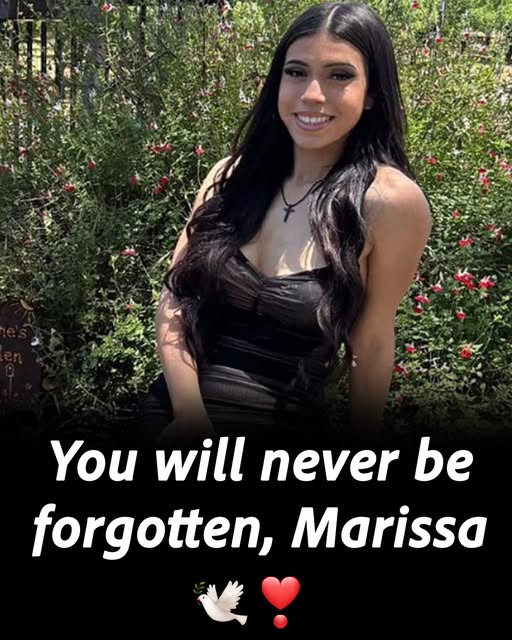
Henry Winkler’s story isn’t just about fame, comedy, or even television history — it’s about resilience. Long before he became “The Fonz,” the cool leather-jacketed icon of Happy Days, Winkler was a boy who struggled to read, misunderstood by nearly everyone around him. What no one knew then — not his teachers, not even him — was that his brain simply worked differently. It would take him until the age of 31 to finally understand why words had always felt like locked doors.
Winkler’s diagnosis of dyslexia didn’t come from a doctor’s visit or a self-realization — it came through his stepson. “My stepson, who’s now in his fifties, was diagnosed when he was in third grade,” Winkler explained in an interview. “As the doctor described his learning difficulties, I realized he was describing me, too. That was the moment it all made sense. I wasn’t stupid. My brain just processed information differently.”
For years, Winkler carried the label “dumb.” In school, he sat in classrooms where teachers mistook his struggles for laziness. They scolded him when he couldn’t follow along or finish his homework. He was punished for failing tests he had tried desperately to pass. His parents, immigrants from Germany, believed education was everything. They pushed him hard, not understanding that their son’s challenges weren’t from lack of effort but from an invisible neurological difference.
“I was grounded most of my high school years,” Winkler recalled. “My parents thought I wasn’t trying. I wanted to, but I just couldn’t process words the way other kids could.”
Despite his academic difficulties, Winkler refused to let failure define him. He applied to colleges — 28 in total — and was rejected by most. The few that accepted him did so on probation. Eventually, through perseverance and sheer willpower, he earned a master’s degree from the Yale School of Drama. But even then, his struggles didn’t disappear.
When Happy Days came along in the 1970s, Winkler faced a new kind of challenge. Scripts — filled with dialogue, stage direction, and cues — were his nightmare. Reading and retaining text was painfully slow. He couldn’t process the lines like his co-stars could. Instead, he memorized everything, relying on instinct and intuition.
“I’d look at the script, memorize as best I could, and then make the words my own,” Winkler said. “Sometimes, directors would say, ‘That’s not how it’s written,’ and I’d reply, ‘I’m giving you the essence of it.’”
That essence worked. Winkler turned Arthur “Fonzie” Fonzarelli into one of television’s most enduring characters — cool, confident, and effortlessly charming. No one watching him could have guessed that the man commanding the screen was quietly battling dyslexia. Behind the scenes, every day was a test of endurance.
“It wasn’t easy,” he admitted. “I couldn’t read my lines fluently, but I could memorize quickly. Once I knew it, I could perform it. Acting became a kind of survival skill.”
The success of Happy Days brought fame and recognition, but the old insecurities never completely vanished. Winkler said that even as his face appeared on magazine covers and his name became synonymous with success, part of him still carried the scars of those early school years.
“When you grow up being told you’re dumb, it sticks with you,” he said. “Even after the world tells you otherwise, part of you still believes it.”
Everything changed at 31. Sitting in a room with his stepson’s educational psychologist, Winkler listened as the doctor explained dyslexia — how it affects reading, comprehension, and memory. It was like hearing his own life story read back to him. The realization hit hard.
“I cried,” he admitted. “It was freeing, but it was also painful. I finally understood myself, but I couldn’t help but think of all those years spent in shame.”
Understanding dyslexia didn’t just reshape how Winkler saw himself — it changed how he wanted to help others. The man who once avoided reading now became an author. Partnering with writer Lin Oliver, Winkler co-created Hank Zipzer, a children’s book series inspired by his own experiences. The protagonist, Hank, is a bright, imaginative boy with dyslexia navigating the chaos of school life.
“The books are about celebrating differences,” Winkler said. “Lin and I wanted kids to know they’re not broken. They’re not stupid. Their brains just work in incredible, unique ways.”
Over time, the Hank Zipzer series expanded into Here’s Hank and later Detective Duck, reaching millions of young readers around the world. Ironically, the man who once couldn’t finish a book now co-authored more than 30 of them — a fact that still astonishes him.
“When I hold one of our books, I think of that kid sitting in school, feeling less than, ashamed. And now I write stories that make other kids feel seen. It’s like coming full circle.”
In interviews, Winkler often says that humor is the “doorway” to learning. He believes laughter disarms fear — especially the fear of failure. “If a child laughs, they’re open,” he explained. “That’s when you can teach them. You can show them that learning isn’t about perfection, it’s about curiosity.”
His advocacy for children with learning differences has made him a hero to countless families. Teachers invite him to schools to talk about perseverance. Parents write letters thanking him for giving their children hope. Kids hand him notes that say things like, ‘I thought I was dumb too, until I read Hank Zipzer.’
Now in his late seventies, Winkler still works tirelessly — acting, writing, and speaking out about learning disabilities. His message is clear: intelligence doesn’t come from how fast you read, but from how deeply you feel and think.
“I spent too many years thinking I wasn’t enough,” he reflected. “Now, I know that the very thing that made my life difficult is also what made me who I am. Dyslexia taught me creativity, empathy, and perseverance. I wouldn’t trade that for anything.”
When asked what he would tell his younger self — the boy sitting in class, terrified to be called on to read aloud — Winkler doesn’t hesitate. “I’d tell him, ‘You’re not stupid. You’re just Henry. And that’s more than enough.’”
He still receives fan letters not just for Happy Days, but from children and adults who’ve struggled the way he did. They thank him for making them feel seen. For showing that even the so-called “slow” learners can change the world.
Winkler smiles when he talks about it. “Every time a kid says, ‘I can read now,’ or a parent says, ‘My child doesn’t feel broken anymore,’ that’s the real award. That’s better than an Emmy.”
After a lifetime of fighting through words, Henry Winkler now writes them — for the dreamers, the underdogs, and the kids who need to hear that they are enough, just as they are.
And maybe that’s the most powerful lesson of all: sometimes the people who are told they can’t — can. They just need someone to show them how bright they already are.




